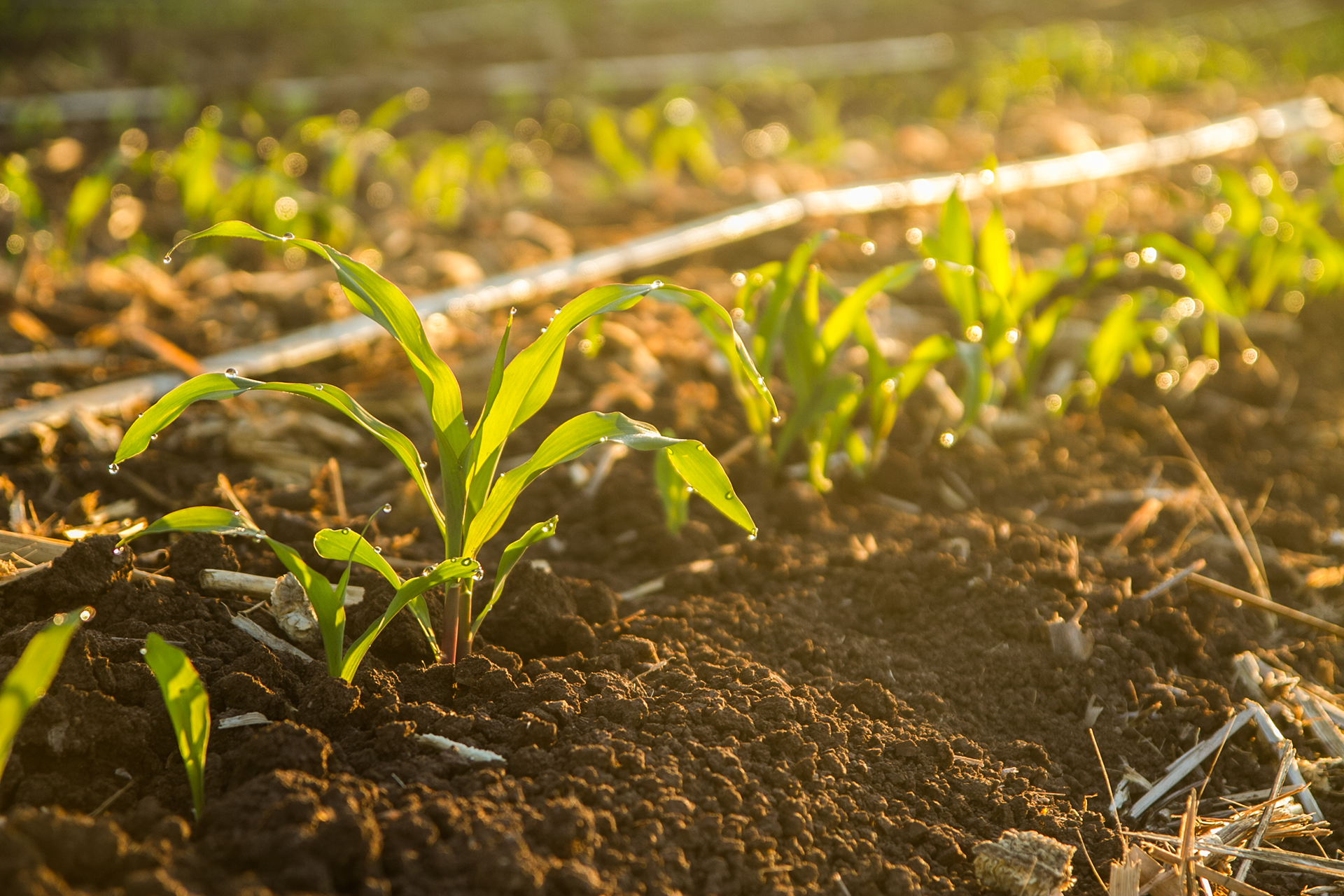The Department of Agriculture is cautiously optimistic that the recent Foot and Mouth Disease (FMD) outbreaks in the Kouga and Kou-Kamma Municipalities of the Eastern Cape Province have been brought under control. Over a month has passed since clinical cases were last observed on previously unaffected farms, and the overall situation appears to have stabilised.
To date, 32 farms in the Humansdorp area and one farm in the East London area have been confirmed positive and vaccinated for FMD. Any reports of suspected lesions continue to be thoroughly investigated, with one case still pending test results to determine its status. In a proactive effort to mitigate the impact of potential infections, an additional 37 farms have been pre-emptively vaccinated.
The Department continues to remind livestock owners that vaccination does not prevent infection; vaccinated cattle can still become infected and may spread the disease. Vaccination primarily serves to reduce the severity of symptoms, making biosecurity measures crucial to preventing the introduction and spread of the disease. Farmers are strongly encouraged to maintain strict biosecurity protocols on vaccinated farms. The 70 infected and/or vaccinated farms remain under quarantine, with no live animals permitted to move off these properties—or any others within the Disease Management Area (DMA)—without state veterinary permission. Since the outbreak began in May 2024, a total of 96 906 cattle and 635 sheep have been vaccinated.
The Department of Agriculture declared a Disease Management Area (DMA) on 26 July 2024, encompassing parts of the Kouga and Kou-Kamma Municipalities. The primary objective of the DMA is to prevent the outward spread of the outbreak to previously unaffected areas. Additionally, the DMA aims to reduce further transmission within the affected regions, thereby decreasing the viral load and infection pressure.
Since the DMA was established, no new cases of FMD have been reported, nor has there been any spread beyond the DMA’s boundaries. This indicates that the movement controls within and out of the DMA are effectively containing the disease. A total of 48 red cross permits have been issued by the state veterinary office. The Department appreciates the collaboration with Agri-Eastern Cape in facilitating the
issuance of movement permits outside the DMA, enhancing traceability and biosecurity. Thanks to the concerted efforts of farmers, industry stakeholders, and government, no illegal movements have been recorded since the DMA’s proclamation.
The Joint Operational Committee meets biweekly to ensure continued communication and cooperation among all parties involved. Applications for three abattoirs have been received and are currently under consideration. Two of these abattoirs have applied to be designated for the slaughter of animals from farms under quarantine due to FMD.
In addition to the control measures within the Eastern Cape Province DMA, the July 2024 Gazette Notice reminds livestock owners that cloven-hoofed livestock across South Africa may only be moved if accompanied by a health declaration from the owner, attesting to the animals’ health at the time of movement. Furthermore, any cattle, sheep, or goats newly introduced to a farm must be kept separate from
resident herds for at least 28 days. Although this has been a legal requirement since October 2022, its importance is being reiterated.
The Department of Agriculture strongly advises all livestock farmers nationwide to limit animal movement as much as possible. Cloven-hoofed animals should only be moved when absolutely necessary, to allow for the identification and quarantine of any undetected, affected properties, thereby preventing further spread of the disease. The significance of the FMD incubation period cannot be overstated.
During this period, animals may appear healthy while shedding the virus and not yet displaying clinical signs of the disease. Farmers are urged to observe stringent biosecurity measures on their farms to protect their herds from infection. Section 11 of the Animal Diseases Act imposes a legal duty on animal owners or managers to take all reasonable steps to prevent their animals from becoming infected and to prevent the spread of any disease from their animals or property to others.
FMD is a controlled animal disease under the Animal Diseases Act, 1984 (Act No 35 of 1984), which mandates certain control measures, such as isolation and movement restrictions, enforced by Veterinary Services. Any suspicious clinical symptoms (salivation, blisters in the mouth, limping, or hoof lesions) should be reported immediately to the local State Veterinarian, and such animals must not be moved under any circumstances.
Source: Ministry of Agriculture









